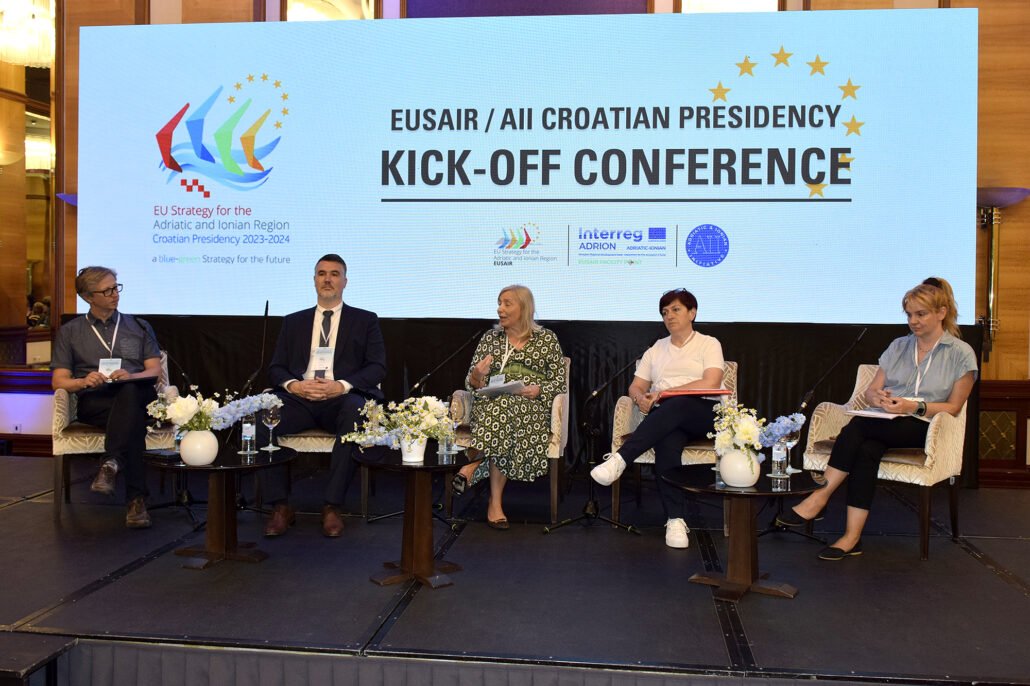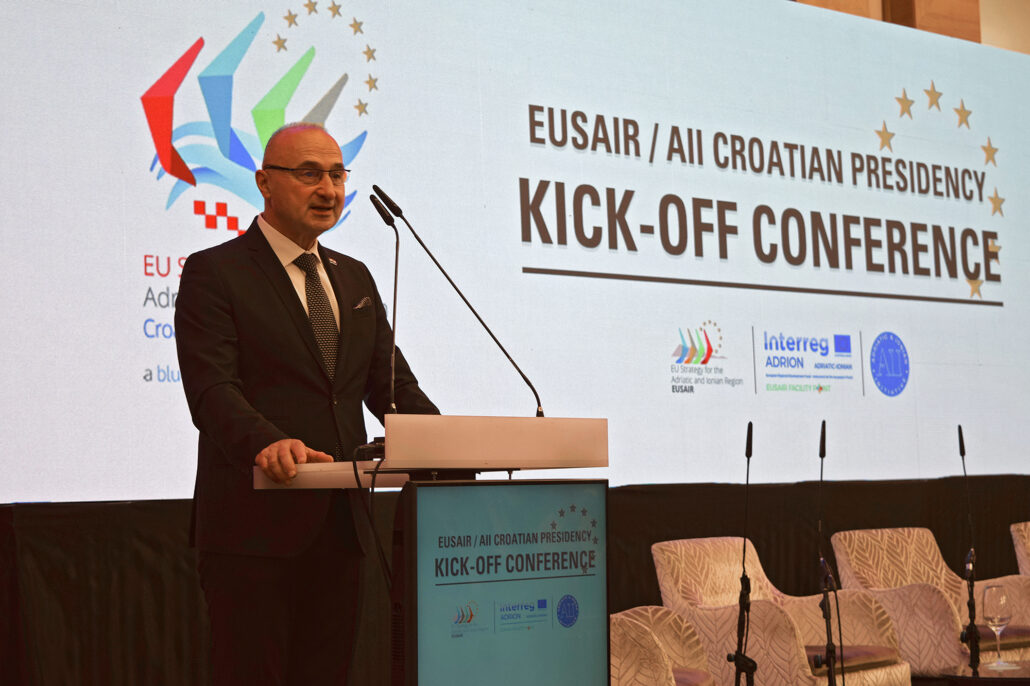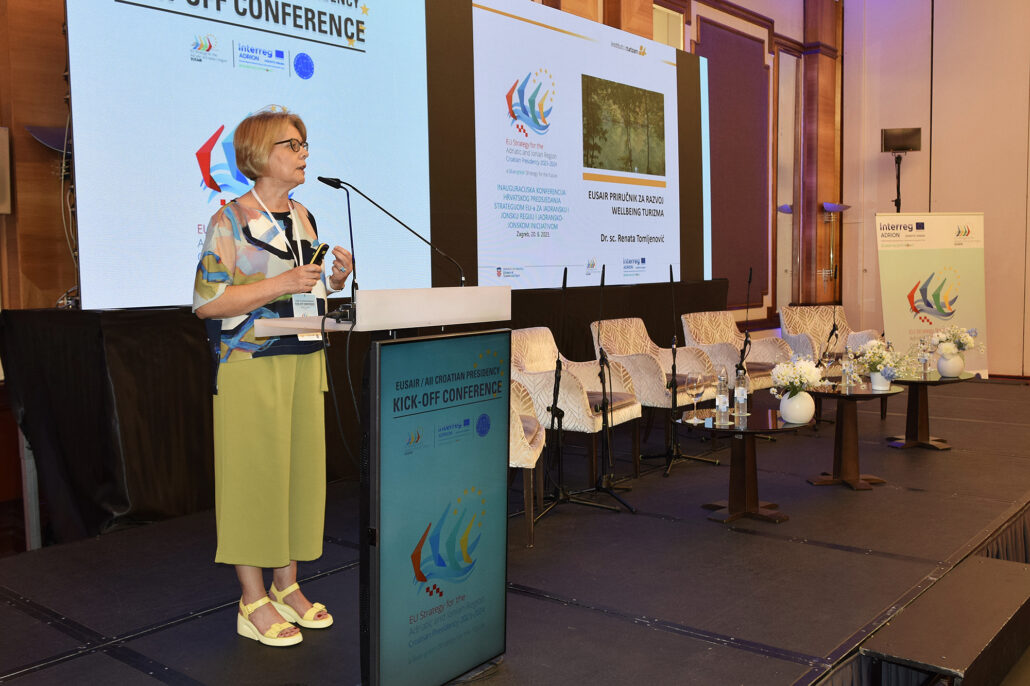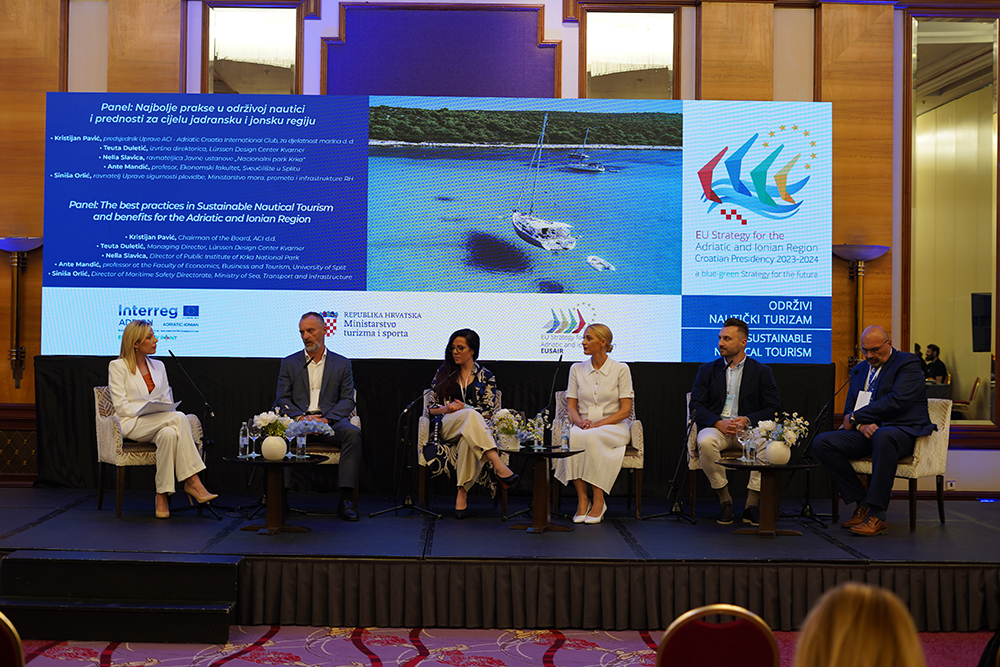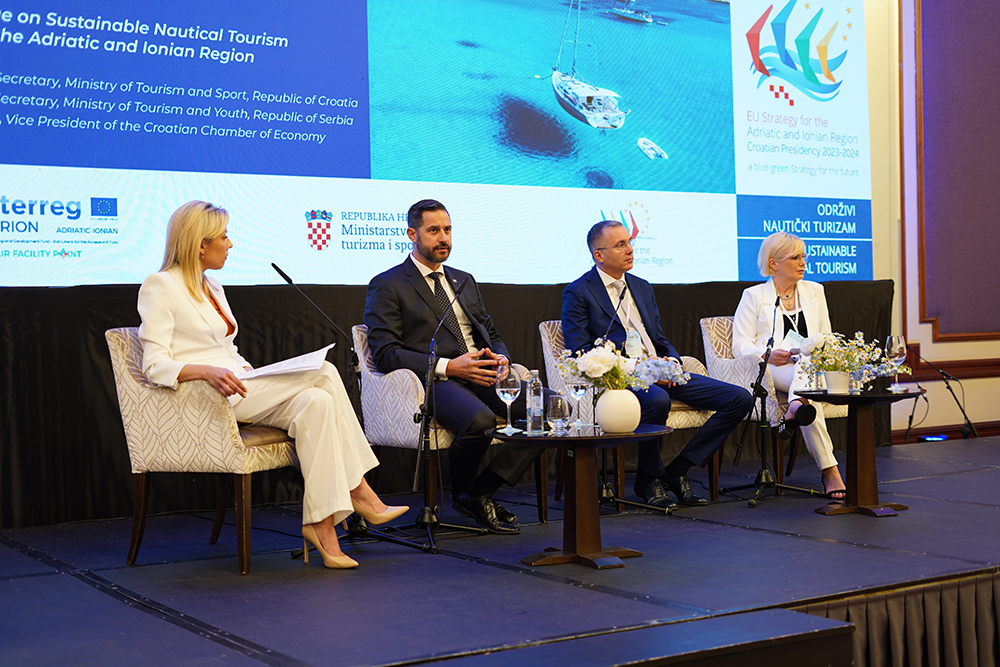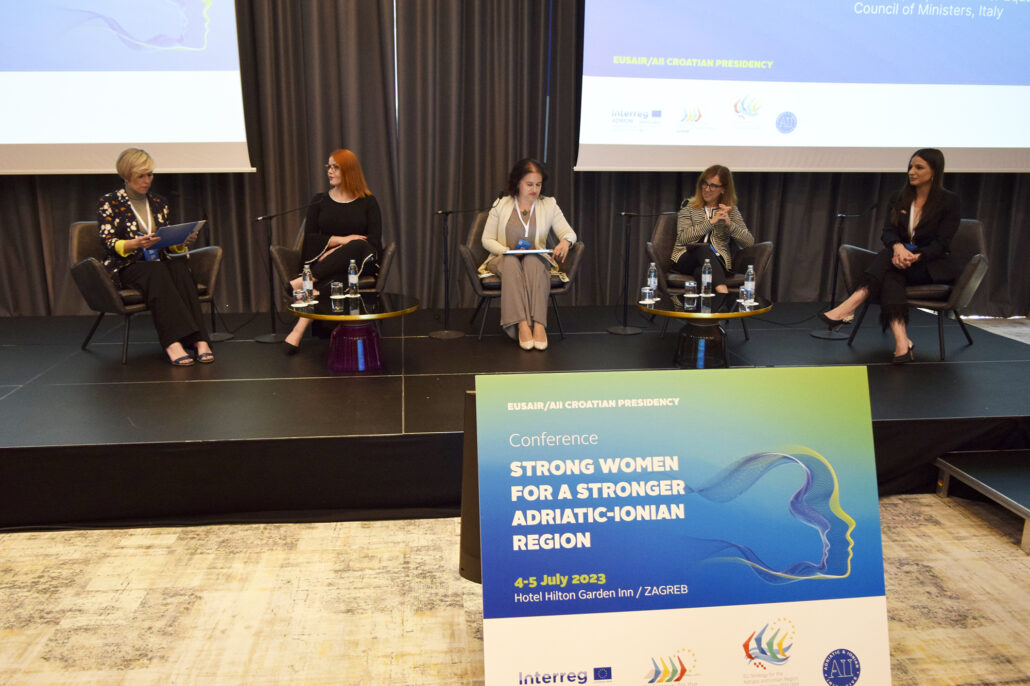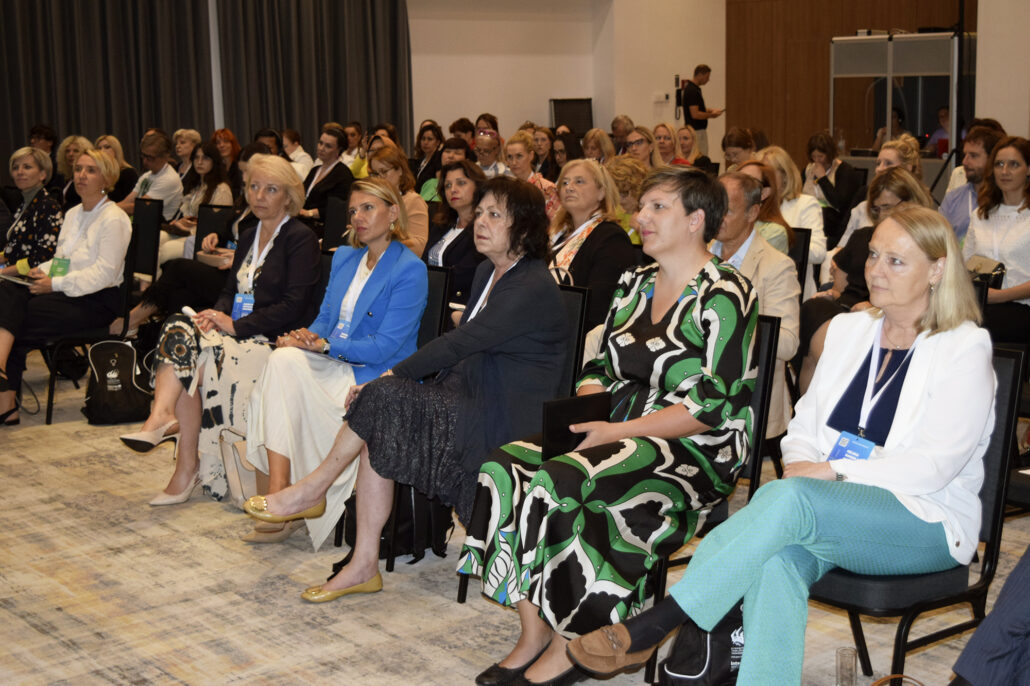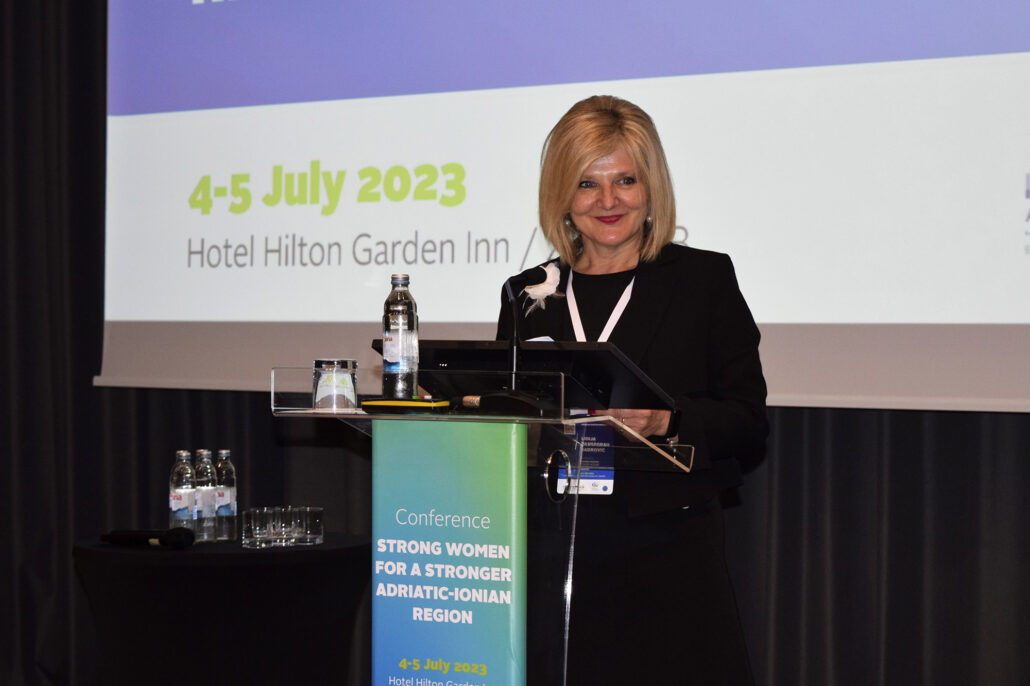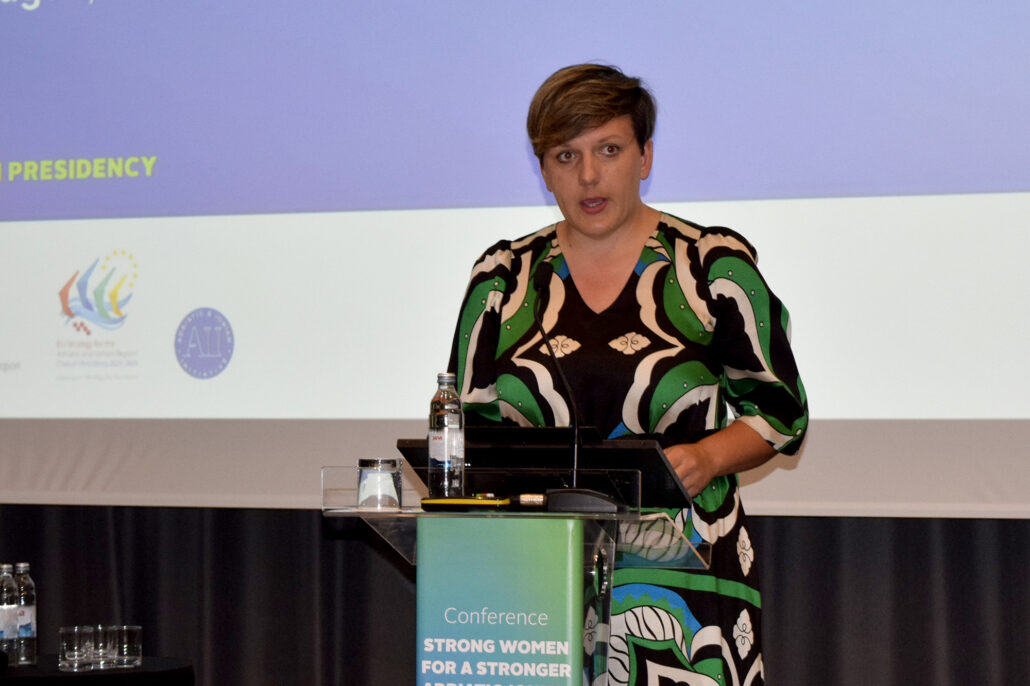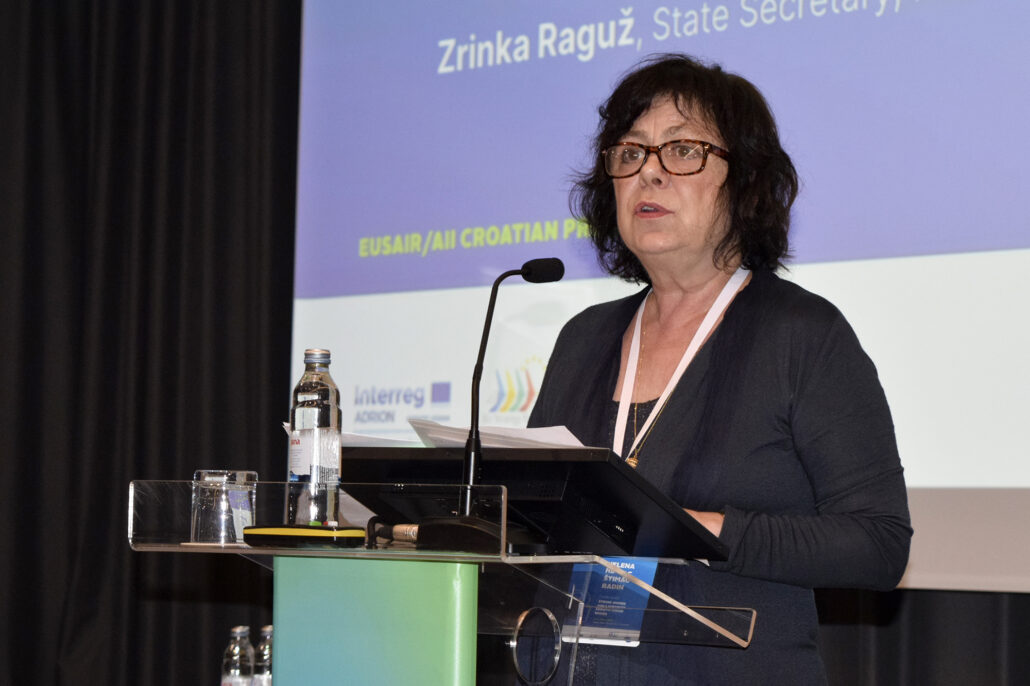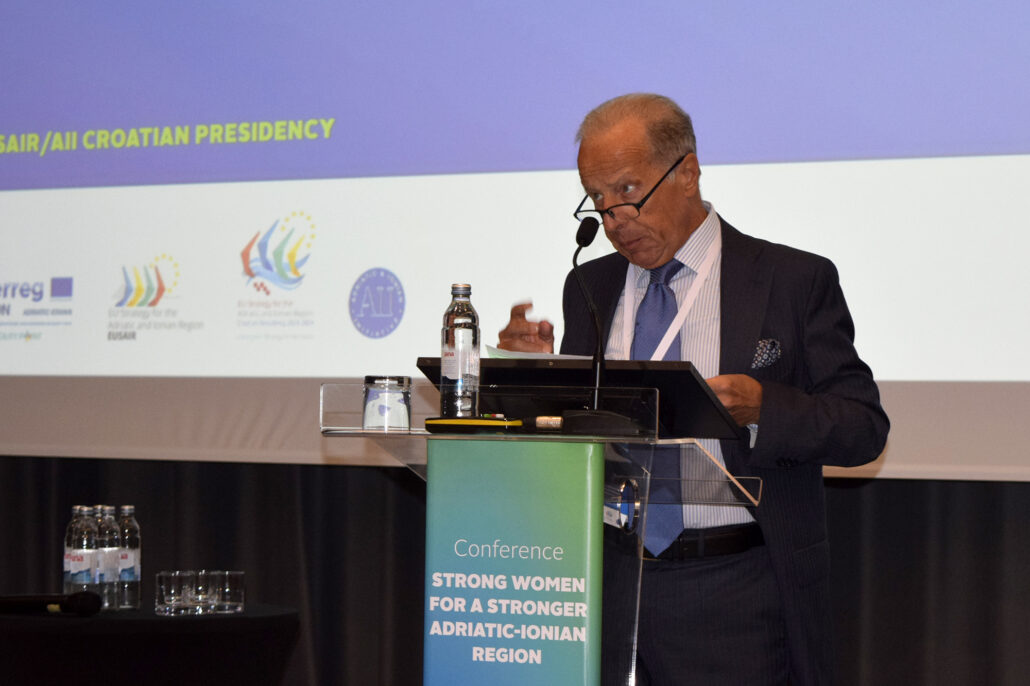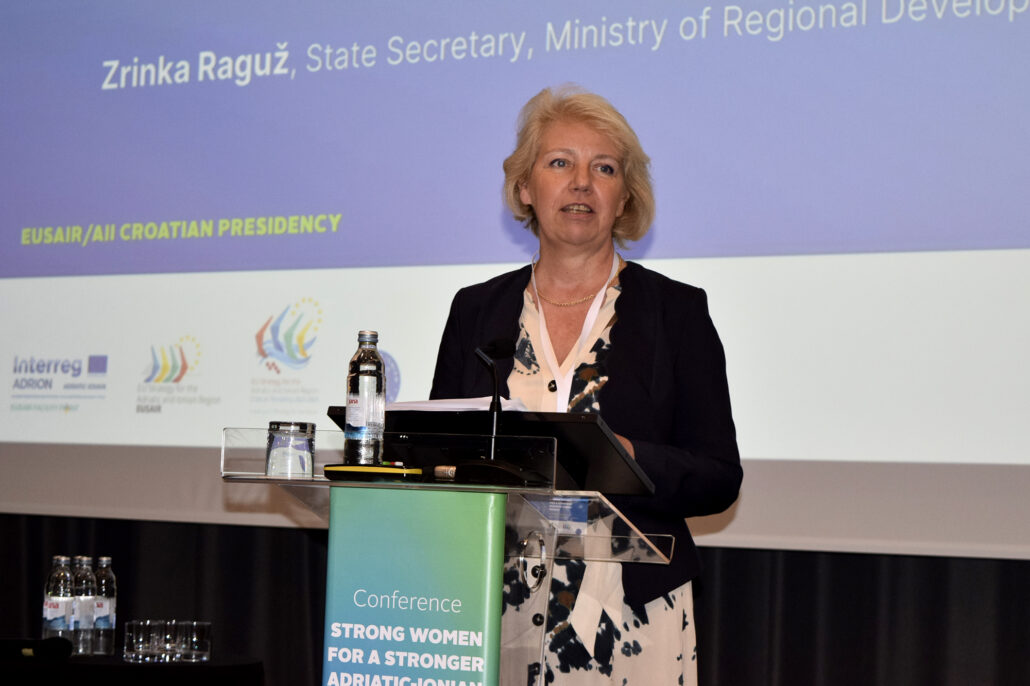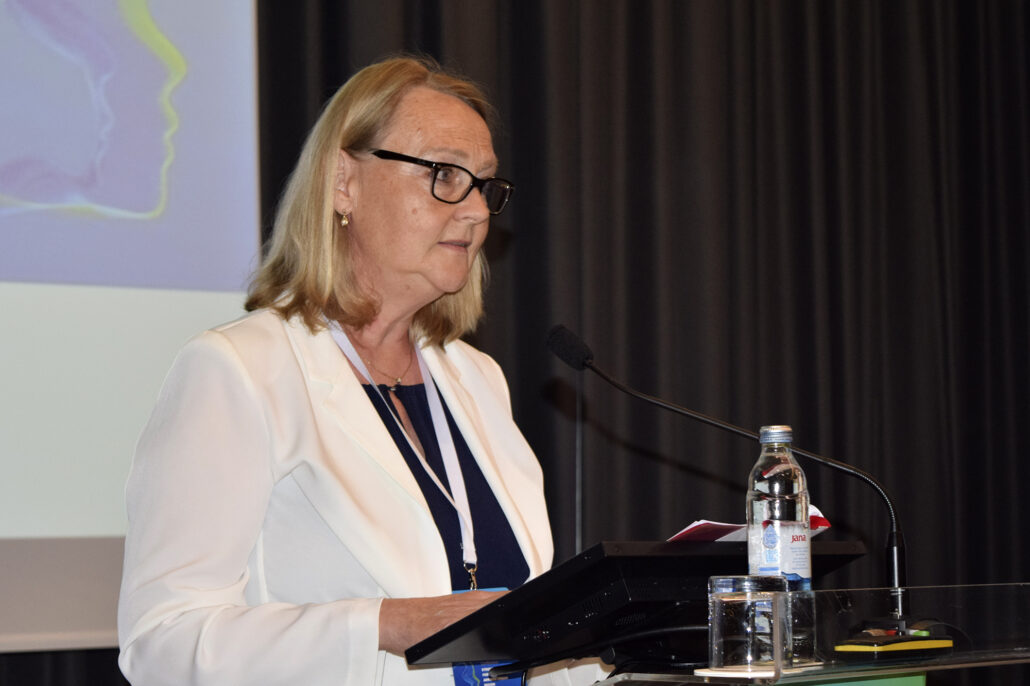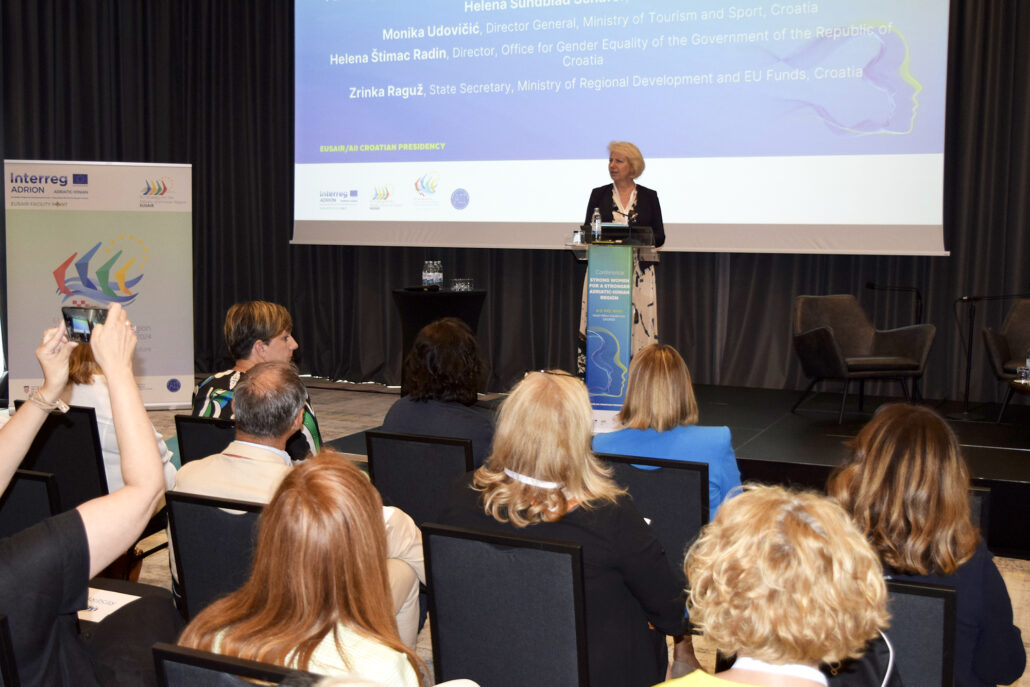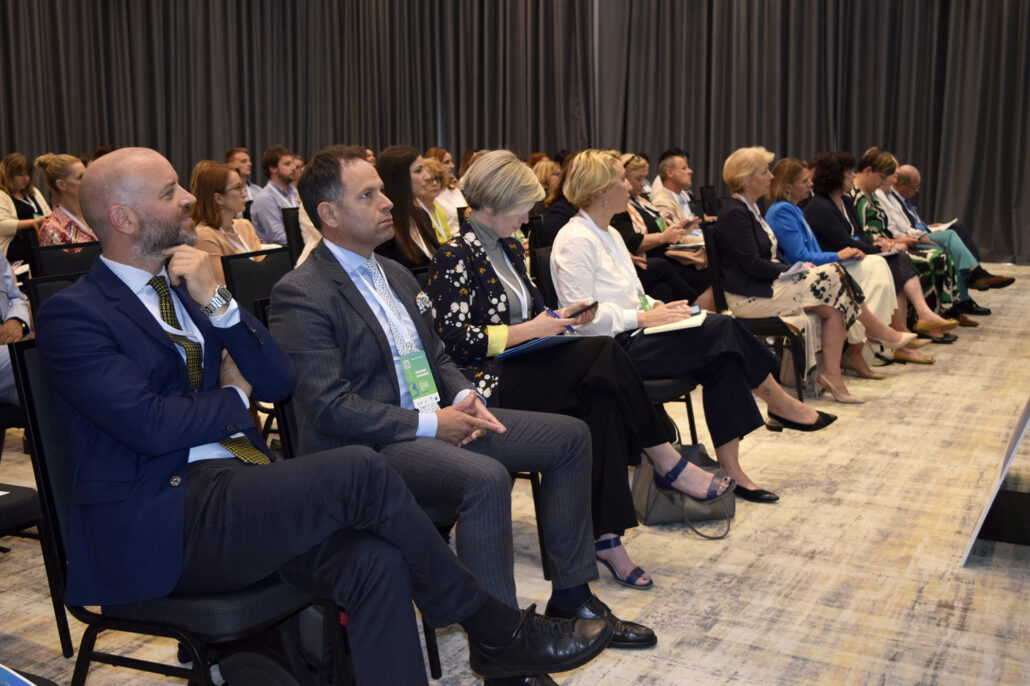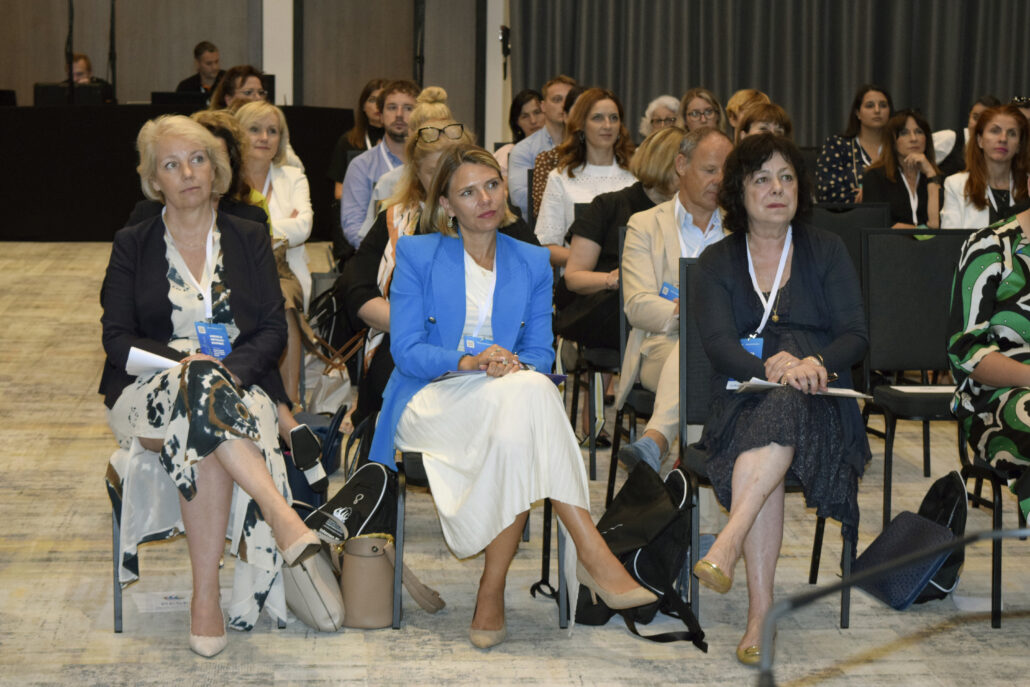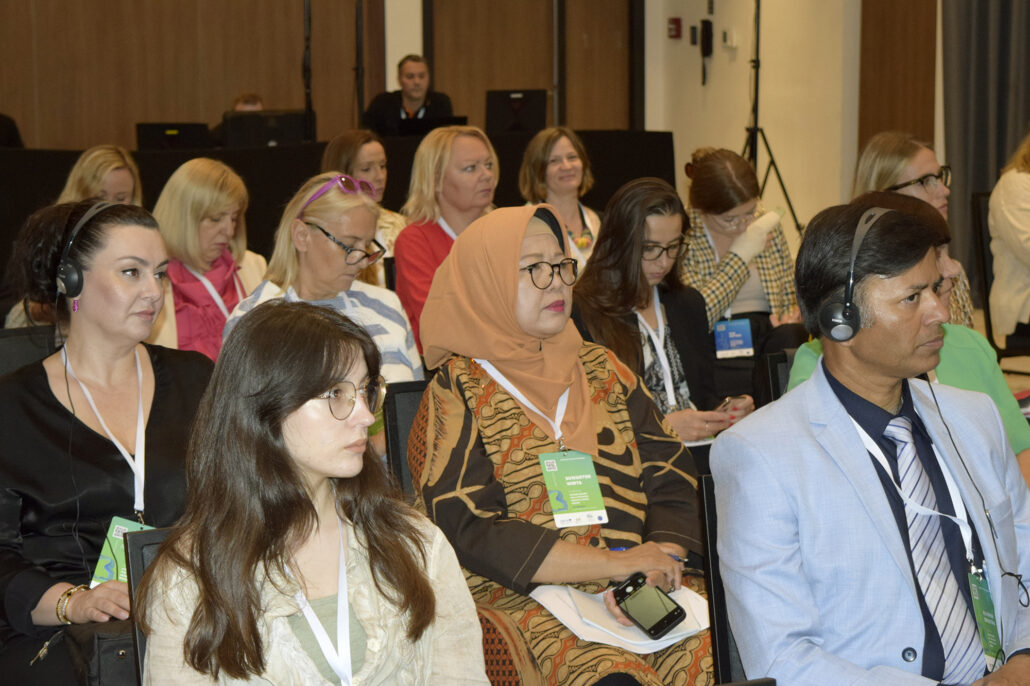Blue-green strategy for the future
Croatia recently assumed the Presidency of the European Union (EU) Strategy for the Adriatic-Ionian Region (EUSAIR) and the Adriatic-Ionian Initiative. The two-day conference, held in Zagreb on June 20th and 21st, 2023 marked the beginning of Croatia’s one-year presidency, coinciding with its 10th anniversary as an EU member.
During its Presidency, Croatia will focus on key political objectives, including adapting the Strategy to new macro-regional conditions, fostering a more substantial contribution of the Strategy and Initiatives to the EU enlargement process, finalizing the Strategy revision process, and promoting enhanced institutional cooperation within the framework of the four EU macro-regional strategies.
Regarding thematic priorities, Croatia aims to reinforce resilience by focusing on improved connectivity in transport, energy, and digital domains. As well as emphasising Sustainable growth and tourism alongside the introduction of a new dedicated Pillar in the Strategy aimed at addressing social issues and fostering social cohesion in light of current circumstances and context. The central topic of the Croatian presidency of EUSAIR will be the “blue-green strategy of the future,” which refers to the development of the maritime and inland areas and their contribution to the EU enlargement.
At the conference, Croatia repeatedly pledged to support projects accelerating EU enlargement and strengthening social cohesion through youth issues, social entrepreneurship, social inclusion of vulnerable groups, and women’s position in the labour market, using both EUSAIR and other available EU strategies and means. Minister of Foreign and European Affairs of Republic of Croatia, Gordan Grlić Radman, emphasized that cooperation within European macro-regions is based on building trust and joint action between participating states, aiming for a greater, universal gain. He thanked the Minister of Foreign Affairs of Bosnia and Herzegovina, Elmedin Konaković, for good cooperation during Bosnia and Herzegovina’s one-year Presidency.
Both ministers highlighted the importance of EUSAIR and similar strategies in the EU’s expansion to the Western Balkans, emphasizing their role in the European integration process. They also stressed the need to provide specific assistance to the Western Balkans countries, as they implement reforms under EU rules that affect their weaker domestic economies.
Mr Tokarski, Director for the European Territorial Cooperation, Macro-regions, Interreg and Programmes Implementation reflected on the EUSAIR strategy’s crucial moment and highlighted three important dimensions: social, green, and tourism. He emphasized the Commission’s strong support for revising the strategy, particularly the newly introduced social pillar, to adapt to recent changes and prepare for the future. Challenges like the migration crisis, the pandemic’s economic impact, and Russia’s invasion of Ukraine have influenced policies, prompting the EU to adopt numerous initiatives relevant to social policies. Regarding the green dimension, Mr Tokarski emphasized the importance of implementing sustainable development goals, aiming for a balanced approach between the maritime blue and land green components. He mentioned that sustainable tourism, which suffered due to the pandemic, requires collaborative efforts to recover. And to develop a sustainable and resilient tourism offer that makes optimal use of environmental resources helping to conserve natural heritage, biodiversity and respect the social-cultural authenticity of the region. Addressing the question of governance, Mr Tokarski stressed the significance of structured and coordinated interrelationships among participating countries, sectors, and public authorities for the functioning and progress of the strategy. He particularly emphasized the importance of the ADRION program, not only as a funding mechanism but also as a thematic contributor to the strategy’s objectives. In conclusion, Mr Tokarski noted that macro-regional strategies must evolve and adapt to address new realities, presenting both challenges and opportunities. He expressed gratitude to the Bosnia and Herzegovina Presidency for their hard work and extended best wishes to the Croatian Presidency for the year ahead.
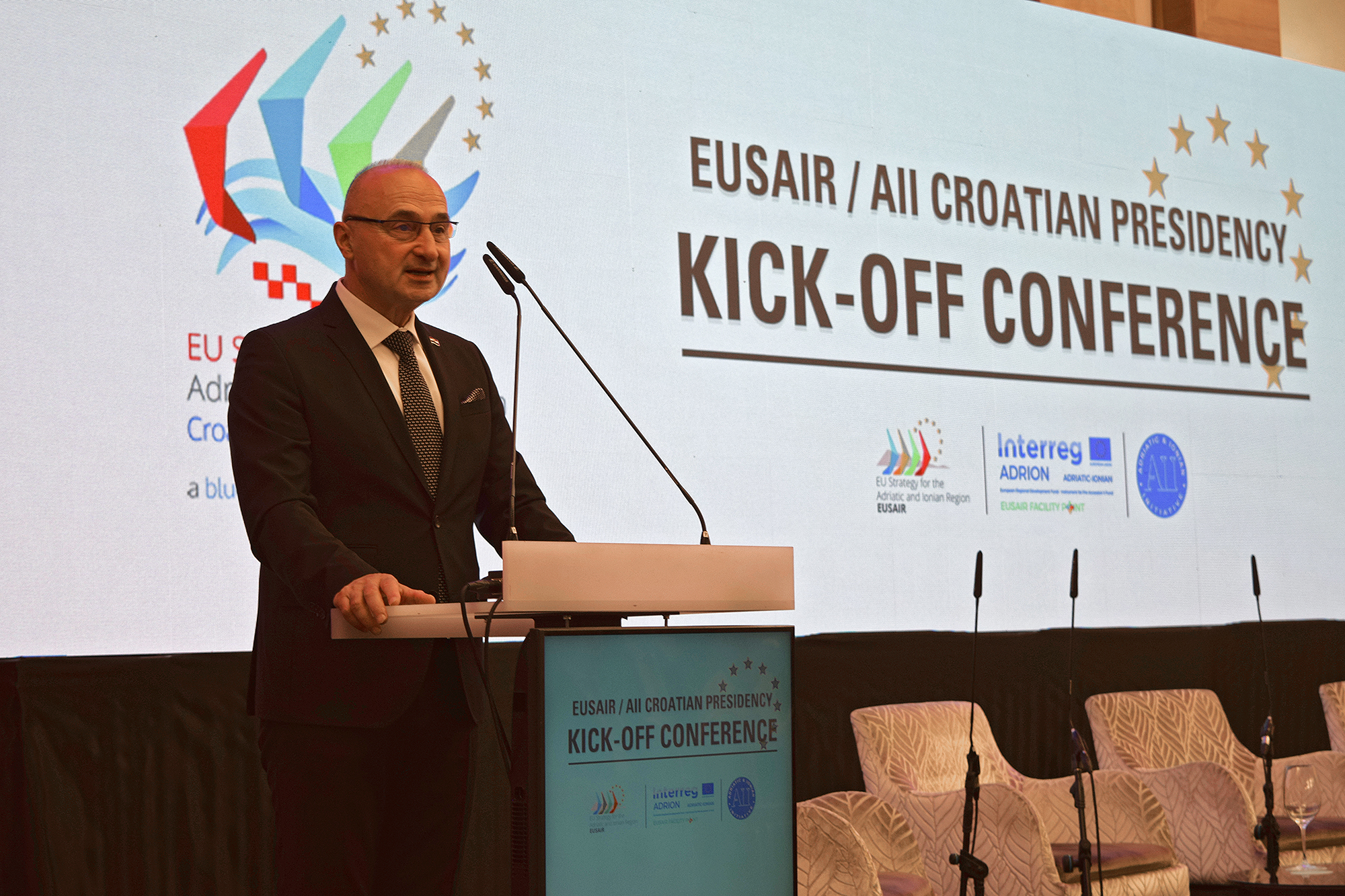
EUSAIR CONFERENCE ON SUSTAINABLE NAUTICAL TOURISM
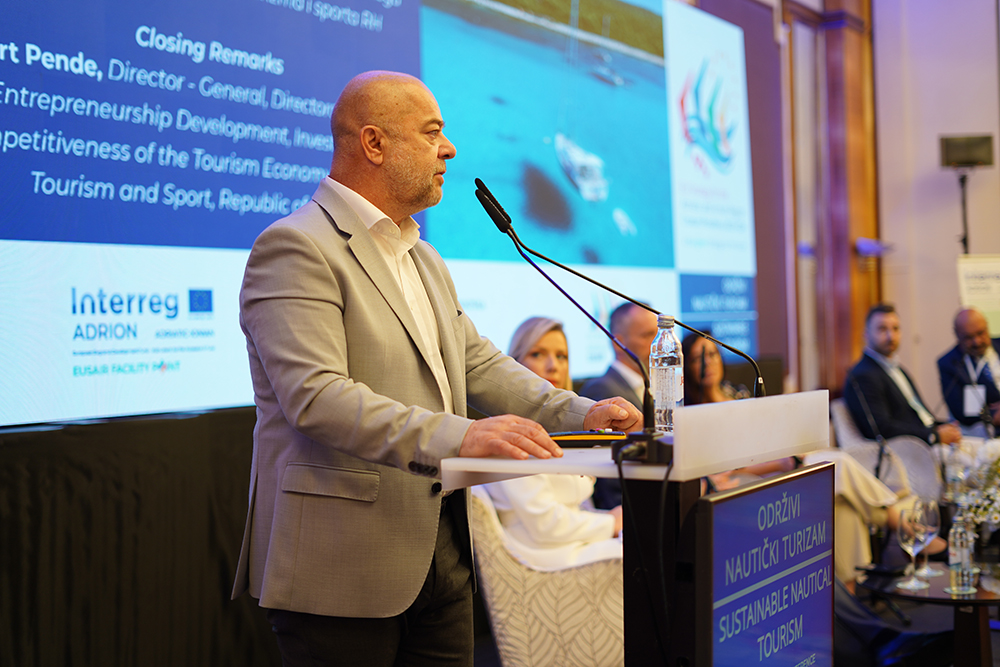
The two-day conference concluded with the EUSAIR conference on Sustainable nautical tourism in the Adriatic-Ionian region. The conference brought together high-level representatives, industry experts, and stakeholders from EUSAIR participating countrie to discuss the growing importance of seas, rivers, and lakes as crucial tourist resources in the region.
With pressure on these natural assets, the conference highlighted the urgency of establishing green infrastructure capacities and adopting sustainable management models within the nautical tourism sector, emphasizing the need for regional cooperation and public policies. The event featured insightful discussions on best practices for sustainable tourism, featuring prominent speakers from the nautical sector, including representatives from ACI d.d., Lürssen Design Center Kvarner, Krka National Park Public Institution, University of Split, and the Ministry of sea, transport and infrastructure.
Croatia emerged as a pioneer in sustainable nautical tourism, implementing measurable indicators and a forthcoming grant framework to support nautical development. Notably, the country’s largest charter fleet in the world attracts visitors for its natural beauty, but also faces environmental challenges, with the conference urging for positive changes in waste management practices. Additionally, Serbia displayed its progress in utilizing river cruising on the Danube to bolster continental tourism. The “Sail Serbia 2023” project exemplifies Serbia’s efforts to integrate cultural and active cyclo-tourism with eco-friendly cruising tourism, resulting in a unique tourism product.
The conference’s concluding remarks emphasized the importance of embracing sustainable practices in the region to protect and preserve its natural treasures, encouraging all participants to lead by example in fostering cooperation and responsible tourism for a more sustainable future.
STRONG WOMEN FOR A STRONGER ADRIATIC-IONIAN REGION
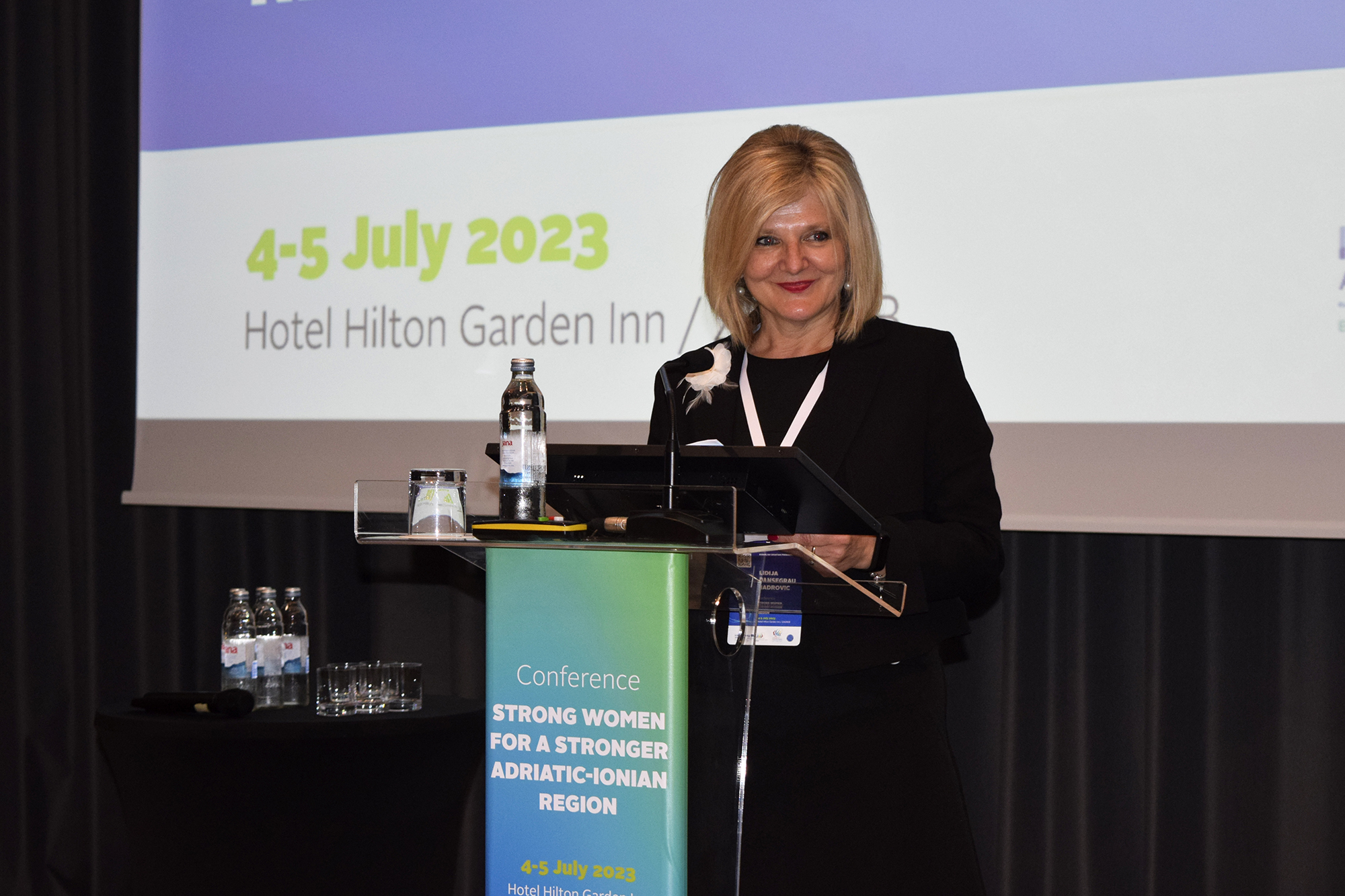
“Strong Women for a Stronger Adriatic-Ionian Region,” organized as part of the Croatian Presidency of the EUSAIR took place on July 4 and 5, 2023, in Zagreb, and was a remarkable success. Bringing together representatives from EUSAIR participating states, the European Commission, the public, the scientific-research community, and economic and civil sectors. Highlighting the need for ongoing efforts to empower women and create a more inclusive society.
The conference opened with Ms Andreja Metelko Zgombić, State Secretary of the Ministry of Foreign and European Affairs, emphasizing the crucial role of women in tackling the multifaceted challenges faced by our world. Highlighting the importance of having women at decision-making tables and in leadership roles across all levels to effectively respond to issues such as climate change, pandemic, natural disasters, and social injustice.
Key panels discussed the underrepresentation of women in STEM fields, the challenges faced by women in rural areas, and the role of women in the tourism industry. The European Commission emphasized its commitment to gender equality and inclusivity.



